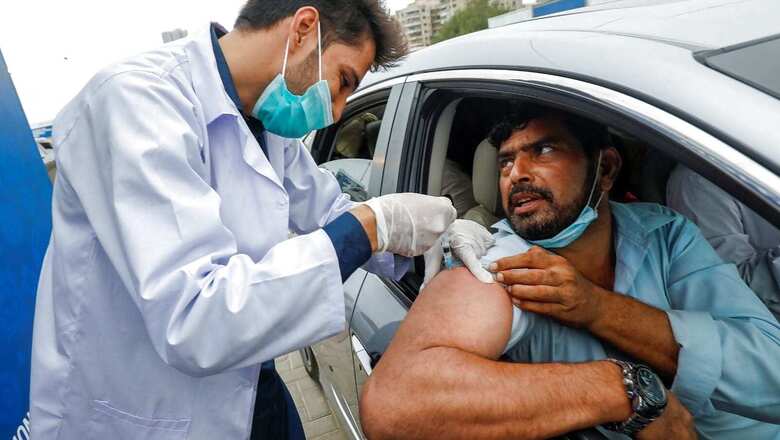
views
Novel coronavirus, which has affected nearly 177 million people and killed almost 5 million globally, has pushed countries to accelerate their Covid-19 vaccination drives, in order to save the population from lockdown and economic misery. But the vaccination levels remain catastrophically low, especially in developing and low-income countries, and the decision to dole out booster shots by wealthier nations has made controversial headlines.
Last month, WHO chief Tedros Adhanom Ghebreyesus had spoken out against countries procuring booster doses of COVID-19 vaccines for their citizens while their less fortunate counterparts are yet to vaccinate their essential workers and vulnerable populations with the first dose.
Several advocates and experts along with WHO have called the move immoral, while the European Union’s foreign policy chief has criticized the bloc over ‘insufficient’ vaccine shipments to countries in Africa and Latin America.
Meanwhile, experts in the United States stated that it is “very clear” that the vaccines’ protection against infections wanes over time, and they noted the worsening picture in Israel, which has seen a rise in severe cases, many of them in people already inoculated. They said the US needs to get out ahead of the problem before it takes a more lethal turn here and starts leading to increased hospitalizations and deaths among the vaccinated.
Dr. Anthony Fauci, the government’s foremost expert on COVID-19, said one of the key lessons of the coronavirus is that it’s better to “stay ahead of it than chasing after it.”
There are 13 countries and territories which have less than 1% of their populations even partially inoculated, and another 41 with vaccination rates below 10%, a Bloomberg tracker reveals. The countries with the lowest vaccination rates in the world are Tanzania, the Democratic Republic of Congo, Haiti, Chad, Burkina Faso, South Sudan, Benin, Turkmenistan, and Madagascar, all of which have less than 0.7% of their populations partially vaccinated.
While the global experts mull on booster shots and vaccine scarcity in low-income countries, here’s the list of countries that will administer booster shots to protect their population from deadly virus mutations.
Brazil
Some cities in Brazil are providing booster shots of the Covid-19 vaccine, even though most people have yet to receive their second jabs, in a sign of the concern in the country over the highly contagious delta variant. Rio de Janeiro, currently Brazil’s epicenter for the variant and home to one of its largest elderly populations, began administering the booster, AP reported. While northeastern cities Salvador and Sao Luis have also started, and the most populous city of Sao Paulo will begin on September 6. The rest of the nation will follow next week.
France
As the Delta virus wreaks havoc across Europe, France began administering booster shots to people over 65 and those with underlying health conditions as the delta variant spreads in the country. France is the first big EU country to introduce widespread booster shots, and several other EU countries are expected to follow suit.
Cyprus
Following the suit, Cyprus will start giving booster shots to people over 65, those with weakened immune systems irrespective of age and health care professionals. Michalis Hadjipantela said the shots will be given to those who are eligible once a six-month period elapses from the time they completed their vaccination. The EU’s infectious diseases agency urged countries to push ahead with their primary vaccination programs and played down the need for booster shots.
United Arab Emirates
The United Arab Emirates had announced in April that it will offer a third shot to recipients of the Chinese state-backed Sinopharm coronavirus vaccine six months after their initial two-dose regimen. The move made the UAE the first country worldwide to formally introduce the booster.
United States
The Biden administration has been recommending Covid-19 booster shots for most Americans about eight months after vaccination. The move has been widely criticized by some public health experts, stating concerns about nations offering a third vaccine jab while others are barely able to administer their first.
Germany
Recently, the country announced that it would begin offering booster shots in September to the elderly, the immunocompromised and anyone who received a full regimen of the AstraZeneca or Johnson & Johnson shots, which may not be as highly protective as mRNA vaccines.
Less than 48 hours after Germany’s announcement, the WHO called for a worldwide moratorium on booster shots for at least two months.
Britain
The Health and Social Care department of Britain has announced that they are prepping to offer booster shots in September but are awaiting guidance and confirmation from the country’s expert advisory panel. The booster program would ensure ‘millions’ of people maintain protection, ahead of the winter and against new variants.’
Hungary
The country is offering booster shots to everyone, regardless of age or health status, recommending people wait at least four months after their second dose. Hungary has authorized a wider range of coronavirus vaccines than its neighbors, including formulations from Russia and China.
Cambodia
Cambodia has now begun offering booster shots for the COVID-19 vaccine and will switch between the UK-made AstraZeneca and China’s Sinovac and Sinopharm.
Thailand
In order to accelerate the inoculation drive, Thailand has changed its vaccine policy to mix China’s Sinovac with the AstraZeneca vaccine in a bid to boost protection. In search of solutions to stem the tide, the country’s health officials have decided to mix a first dose of the Chinese-made Sinovac vaccine with a second dose of the same Oxford-AstraZeneca shot that is known in India as Covishield to try and achieve a “booster” effect in six weeks instead of 12.
Switzerland
Switzerland has ordered 43 million doses of vaccines, including preparations for potential booster shots in 2022, should they be needed, the Federal Health Ministry has said. The country’s infection rate is considered very low but has been rising as authorities relax restrictions., Reuters reported.
Indonesia
Indonesia has also begun injecting the third dose of the COVID-19 vaccine to healthcare workers across the country.
Read all the Latest News, Breaking News and Assembly Elections Live Updates here.













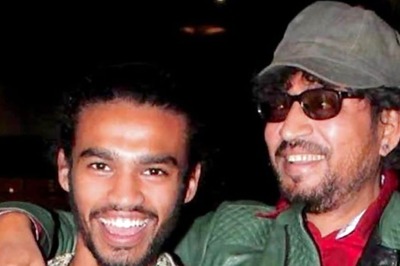
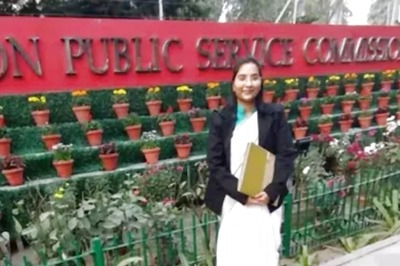
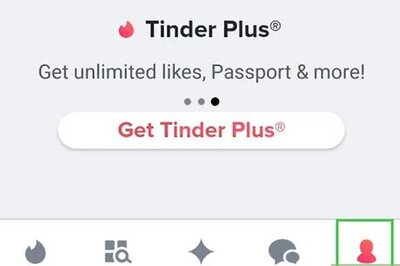

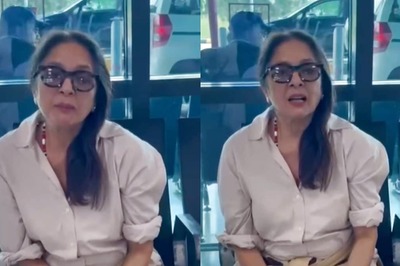
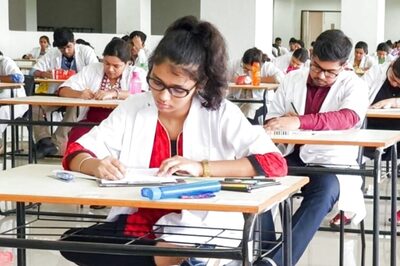
Comments
0 comment